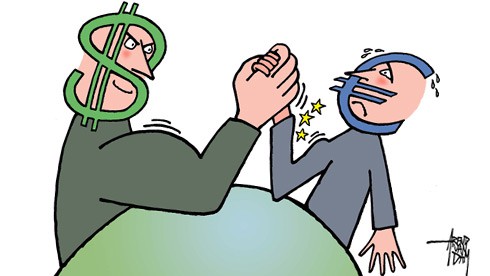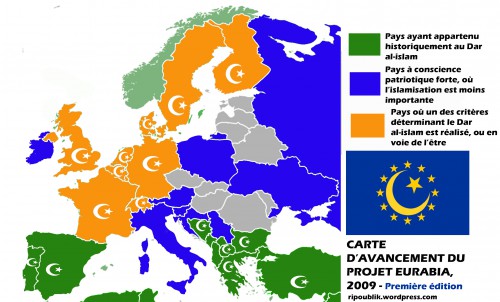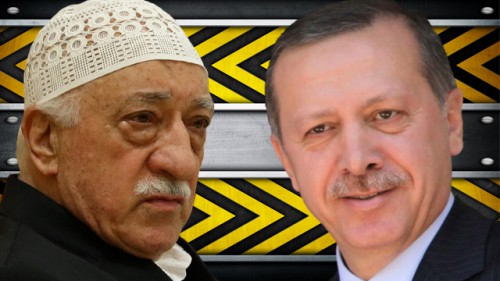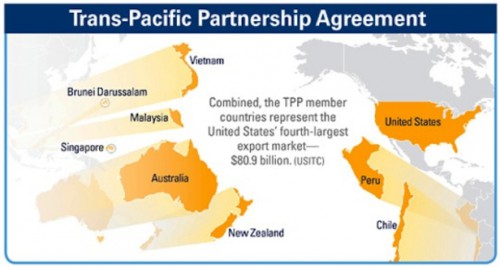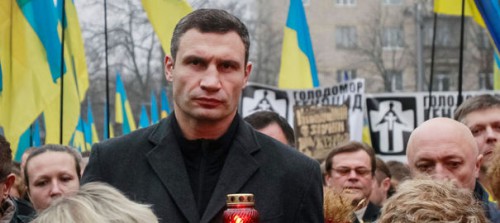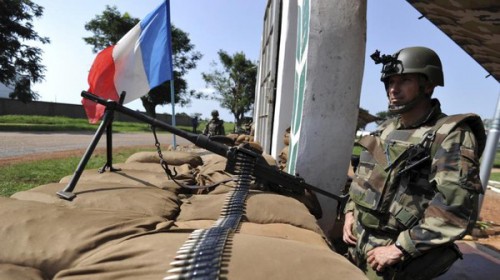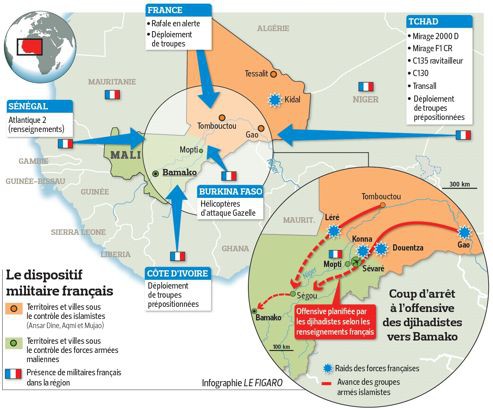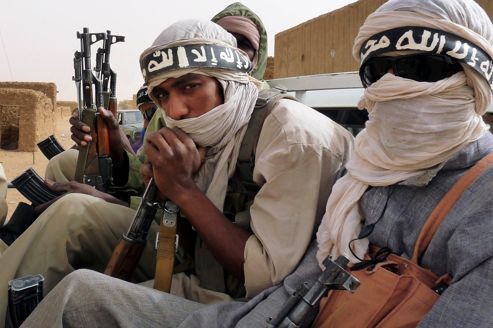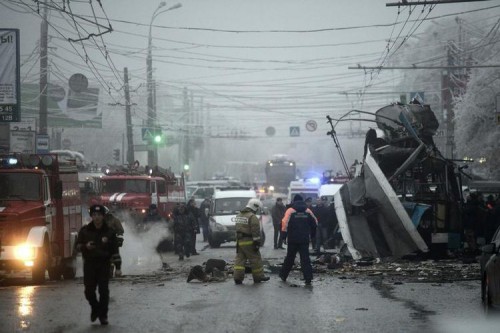
Double attentat à Volgograd : une première analyse (VineyardOfTheSaker)
Ex: http://www.cercledesvolontaires.fr
Le double attentat qui vient de se produire à Volgograd (ex-Stalingrad) constitue sans conteste une escalade dans la guerre larvée mais constante qui a opposé les insurgés wahhabites non seulement au Kremlin, mais aussi à toutes les autorités musulmanes traditionnelles en Russie. Avant d’examiner ce que ces dernières attaques pourraient signifier pour la Russie en général et pour les imminents Jeux Olympiques de Sotchi, il serait utile de revenir sur quelques faits essentiels.
La Tchétchénie
Tout d’abord, ce serait une erreur de croire que tout acte terroriste « islamiste » commis en Russie devrait impliquer des Tchétchènes. La réalité est que la Tchétchénie a non seulement été pacifiée, mais elle est même paisible. Le dirigeant tchétchène Ramzan Kadyrov a littéralement réalisé un miracle en transformant le « trou noir » tchétchène ravagé par la guerre en une république prospère et *véritablement* paisible. Le fait que ce miracle ait été soit passé sous silence, soit ridiculisé par les « experts » anglo-sionistes, qui avaient tous déclaré devant les caméras que l’insurrection tchétchène ne serait jamais vaincue, est compréhensible : admettre ce succès serait tout simplement politiquement impensable. Pourtant, le fait que Ramzan Kadyrov, le jeune homme qui avait toute l’apparence extérieure d’un voyou tchétchène moyen, se soit avéré être un leader politique extrêmement capable et sage est indéniable, et même si aucune « guerre contre le terrorisme » n’est jamais vraiment tout à fait « gagnée », il serait juste de dire que, au moins pour le moment, le phénomène terroriste tchétchène a été ramené à près de zéro. Malheureusement, si l’avenir s’annonce très prometteur pour la Tchétchénie, les choses sont infiniment pires dans le Daghestan voisin.
La Tchétchénie et le Caucase
Le Daghestan
La Tchétchénie et le Daghestan sont voisins, mais ils pourraient difficilement être plus différents. En premier lieu, la Tchétchénie est principalement habitée par des Tchétchènes, alors qu’il n’existe pas vraiment de « Daghestanais » : plus d’une douzaine de groupes ethniques différents vivent côte à côte au Daghestan. En fait, le Daghestan est la plus diversifiée de toutes les républiques russes, dans laquelle aucun groupe ne peut constituer une majorité. Cet aspect est absolument crucial parce que le fait qu’il n’y ait pas de groupe ethnique dominant signifie qu’il ne peut pas y avoir de « Kadyrov » Daghestanais. Deuxièmement, l’économie du Daghestan est dirigée par des élites très corrompues qui luttent les uns contre les autres et contre leurs clans respectifs. En termes pratiques, cela signifie que la « recette » utilisée en Tchétchénie (donner à un leader tchétchène local un niveau maximal d’autonomie et d’autorité) serait un désastre pour le Daghestan. La bonne « solution » pour le Daghestan impliquerait probablement une intervention très énergique du Centre Fédéral et une destruction de l’actuel système de clan basé sur l’ethnie – ce que personne au Kremlin ne serait empressé d’entreprendre.
Cependant, pour le moment, le Daghestan est le repaire du terrorisme wahhabite. On pourrait dire que le cancer wahhabite qui avait d’abord contaminé la Tchétchénie s’est répandu au Daghestan pendant qu’il était détruit en Tchétchénie. L’extrême pauvreté du Daghestan, combinée aux millions de dollars fournis par les Saoudiens à leurs alliés et agents, leur a rendu extrêmement aisée la tâche de commercialiser leur marque de wahhabisme au Daghestan et de recruter des agents locaux d’influence et des terroristes, ce qu’ils ont entrepris avec beaucoup de succès.
Les terroristes du Daghestan ont bien tiré les leçons de la Tchétchénie, et ils n’essaient jamais de contrôler de territoire ou de créer une sorte de mini-État wahhabite au Daghestan : bien au contraire, jour après jour, les forces de sécurité affrontent les terroristes Daghestanais, ce qui se termine à chaque fois pour eux par la capture ou la mort (surtout la mort). La raison en est évidente : les terroristes du Daghestan sont faibles et ils ne peuvent même pas s’en prendre aux policiers locaux. Mais ils sont juste assez forts pour attacher des explosifs sur un jeune homme ou une jeune femme et les envoyer se faire sauter dans une station de bus ou de train.
Les Wahhabites dans le reste de la Russie
Il serait également erroné de supposer que tout le terrorisme wahhabite en Russie doit provenir du Daghestan ou même du Caucase. Les Wahhabites (soutenus par l’Arabie Saoudite) recrutent littéralement partout – du sud de la Russie à Saint-Pétersbourg et du Tatarstan à Moscou. En conséquence, dans certains cas, des Russes ethniques étaient impliqués dans des actes terroristes wahhabites. Ainsi, la réalité est la suivante : le terrorisme wahhabite en Russie n’est pas un problème régional ou un problème ethnique, c’est un problème idéologique. C’est pourquoi il ne faut pas tirer hâtivement de conclusions ni présumer quoi que ce soit au sujet de qui pourrait être derrière les derniers attentats. Ça pourrait littéralement être n’importe qui.
De Volgograd à Sotchi ?
Volgograd a été le théâtre de plusieurs attentats terroristes dernièrement, et les attaques des 29 et 30 décembre 2013 ne sont que les plus récentes dans une longue série d’événements. Pourquoi Volgograd ?

Sud de la Russie
(cliquez pour agrandir la carte)
Eh bien, Volgograd est – avec Rostov-sur-le-Don et Krasnodar – l’une des principales villes du sud de la Russie et elle est assez proche du Daghestan pour qu’il soit assez facile pour les wahhabites Daghestanais (en supposant qu’ils soient impliqués) d’organiser une attaque terroriste dans cette ville. En fait, Volgograd est à peu près à la même distance du Daghestan que Sotchi. Ce n’est pas une pensée agréable.
Un autre facteur qui pourrait avoir joué un rôle dans la décision des terroristes de frapper à Volgograd est que la plupart des efforts russes de lutte contre le terrorisme sont actuellement concentrés à l’intérieur et autour de Sotchi. Une des règles de base de la lutte contre le terrorisme est qu’il y a toujours plus de cibles potentielles à protéger que de ressources pour les protéger. Même si Volgograd avait été complètement bouclée, les terroristes auraient pu choisir Astrakhan, Elista, Stavropol ou n’importe quelle autre ville. Je pense que la sécurité locale et fédérale est principalement axée sur la protection de l’infrastructure olympique et que par conséquent, Volgograd était plus vulnérable que d’habitude.
Que savons-nous jusqu’à présent ?
Plusieurs d’entre vous m’ont écrit (par courriel ou dans la section commentaires de mon blog) pour me demander si je pensais que ces dernières attaques étaient la conséquence des récentes menaces saoudiennes [d’attaques contre les J.O. de Sotchi si la Russie continue à soutenir la Syrie]. Honnêtement, je ne sais pas, c’est beaucoup trop tôt pour le dire. Les Russes travaillent vite et les médias russes rapportent que le kamikaze qui s’est fait exploser dans la gare hier a été identifié comme Pavel Pechenkin.
Pavel Pechenkin

Pour autant que je sache, cela n’a pas été officiellement confirmé et des analyses ADN sont encore en cours. Néanmoins, si c’était vrai, cela désignerait comme responsables un groupe de Russes ethniques qui inclurait Dimitri Sokolov, qui a récemment été tué par les forces de sécurité. D’origine russe, il a vécu au Daghestan et a rejoint un groupe terroriste dans la ville de Makhatchkala. Cependant, il est intéressant de noter que son contact avec le milieu wahhabite n’a pas commencé au Daghestan, mais dans une mosquée de Moscou où il s’était inscrit à des cours d’Arabe. Sokolov était le mari de Naida Asiialova, une kamikaze qui s’est fait exploser dans un autobus bondé à Volgograd au mois d’Octobre de cette année. Pechenkin, Sokolov et Asiialova faisaient apparemment tous partie de la même cellule terroriste qui, bien que basée au Daghestan, incluait des Russes ethniques.
D. Sokolov et N. Asiialova

Ce groupe était très bien connu des services de sécurité russes, et les parents de Sokolov et Pechenkin ont tous deux fait des déclarations désespérées via les médias russes, suppliant leurs enfants de ne commettre aucun acte de violence et de renoncer à leur vie de terroriste. Bien qu’ils aient certainement eu des complices, Sokolov et Pechenkin constituaient clairement l’image de ce groupe aux yeux du public, et autant que je sache, il n’y a plus de membres importants de cette cellule en cavale. Jusqu’à présent, et c’est une analyse très préliminaire, il n’y a pas d’« empreintes saoudiennes » sur ces attaques. Elles semblent être ce que les Américains appellent un cas de « terreur d’origine intérieure » et s’il y a un lien Saoudien, c’est à travers le financement massif des mosquées wahhabites en Russie (et dans le monde entier).
Options internes russes
Comme l’a écrit H. L. Mencken, « Pour chaque problème complexe, il y a une réponse qui est claire, simple et mauvaise ». Dans ce cas, cette solution simple est de fermer toutes les mosquées ayant des liens avec les wahhabites en Russie, et certains individus simples d’esprit ont déjà exprimé leur désir de voir cela se produire. Une telle « solution » pose de nombreux problèmes :
1) Ce serait tout simplement illégal. La Russie est (enfin !) plus ou moins devenue un Etat de droit où la loi règne, ou, du moins, la Russie est-elle en bonne voie pour devenir un tel pays. Ce qui est certain, c’est que la grande majorité des Russes veulent que leur pays devienne un pays normal, civilisé, où le respect des lois est au cœur de la vie politique. Fermer des mosquées serait tout simplement illégal. Pour quelles raisons devraient-elles être fermées, d’ailleurs ? Pour « soupçon de wahhabisme » ? Il n’y a pas de tel crime en droit russe. Pour recevoir de l’argent de l’étranger ? Ce n’est pas illégal non plus. Pour être liées à des réseaux terroristes ? Oui, ce serait illégal, mais c’est aussi très difficile à prouver et il n’y a aucun moyen pour que le FSB (Service fédéral de sécurité) ou le Comité d’enquête puissent faire accepter de telles accusations par une cour de justice contre la plupart de ces mosquées. L’idée directrice est la suivante : Poutine n’est pas un dictateur et il ne peut pas agir en dehors du cadre de la loi russe, et du reste il ne le souhaiterait aucunement.
2) Ce serait immoral. J’ai vécu pendant de nombreuses années littéralement juste à côté d’une grande mosquée entièrement financée par les Saoudiens, et à ma connaissance, non seulement cette mosquée n’a jamais rien eu à voir avec le terrorisme, mais les personnes qui fréquentaient cette mosquée n’ont même pas été impliqués dans le moindre cas de petite délinquance. Dieu sait que je hais l’idéologie wahhabite de toute mon âme et de tout mon cœur, mais je ne peux pas dire que la plupart des wahhabites soient de mauvaises personnes, ou qu’ils soient liés au terrorisme. Ils ne sont pas et ne doivent pas être des boucs émissaires pour les actions d’autres personnes. Je suis tout à fait favorable à la destruction physique de chaque terroriste wahhabite sur la planète, mais tant qu’ils ne prennent pas les armes et ne se mettent pas à assassiner et mutiler les êtres humains, les disciples d’Ibn Taymiyya et de Muhammad ibn Abd al-Wahhab ne doivent pas être forcés à payer pour les actions des autres.
3) Ce serait contre-productif. L’avantage de laisser les mosquées wahhabites libres d’agir est qu’elles constituent pour les forces de sécurité une cible parfaite pour infiltrer et surveiller les terroristes. Fermez ces mosquées et vous les pousserez dans la clandestinité et il pourrait être beaucoup plus difficile de les infiltrer. En fait, ces mosquées wahhabites peuvent même être utilisées comme des appâts pour attirer, identifier et arrêter les terroristes locaux.
Non, la meilleure façon de faire face à la propagande et au terrorisme financés par l’Arabie Saoudite est de soutenir les organisations islamiques et chefs religieux traditionnels anti-wahhabites. Il y a beaucoup de musulmans bien éduqués et instruits en Russie, y compris un bon nombre d’imams renommés, qui peuvent mener la lutte idéologique et spirituelle contre les wahhabites et les dénoncer pour ce qu’ils sont. Ce que l’Etat russe devrait faire est a) protéger physiquement ces gens b) les écouter et prendre en considération leur évaluation de la situation c) expliquer à la population non musulmane que ce sont des alliés essentiels dans la lutte contre le terrorisme wahhabite.
Que faire si on trouve des indices inculpant l’Arabie Saoudite ?
C’est un grand « si » ! Mais supposons, pour la commodité du raisonnement, que les Russes trouvent de quelconques « empreintes » saoudiennes dans ces attaques, ou dans des attaques à venir au cours des Jeux olympiques de Sotchi, et considérons différentes réponses russes :
1) Une frappe de représailles ouverte contre l’Arabie saoudite :
En termes purement militaires, cela ne poserait aucun problème. Les Russes pourraient frapper avec des bombardiers, des missiles de croisière sous-marins, des missiles balistiques… Tout ce qu’on veut. Les Etats-Unis exprimeraient certainement toute leur indignation, mais le CENTCOM ne pourrait rien y faire parce que le but initial du CENTCOM était d’empêcher une invasion soviétique de l’Iran, et pas de défendre les Saoudiens contre une frappe de représailles russe. Le problème de cette option est qu’elle serait illégale selon le droit international et c’est quelque chose que la Russie ne veut pas.
Si la Russie décidait d’accuser publiquement et officiellement l’Arabie saoudite d’attaques terroristes contre la Russie, elle devrait aller au Conseil de sécurité de l’ONU ou à la Cour internationale de justice et porter l’affaire sur le terrain légal.
2) Déposer une plainte officielle à la Cour internationale de justice et essayer d’obtenir un vote du Conseil de sécurité condamnant l’Arabie Saoudite :
En fait, c’est une option excellente parce qu’elle mettrait les Saoudiens dans une position politique très embarrassante. Selon le libellé de la résolution, les États-Unis s’abstiendraient ou y opposeraient leur veto, car peu importe l’ampleur des problèmes qu’il y a eu entre les deux pays récemment, les États-Unis et l’Arabie Saoudite sont toujours des alliés stratégiques. Pourtant, une telle plainte officielle par la Russie contre le régime saoudien mettrait encore plus d’embarras sur les visages des singes médiévaux au pouvoir à Riyad. Personnellement, cette option me plairait beaucoup, mais ce ne serait pas dans le style de Poutine – il préfère un genre de diplomatie beaucoup plus discret.
3) Une frappe de représailles secrète contre l’Arabie saoudite :
Cette option est également tout à fait réalisable pour le Kremlin, non seulement parce qu’il pourrait utiliser les capacités russes pour frapper un ou deux princes saoudiens, mais parce qu’il pourrait facilement sous-traiter ce travail à une force alliée. Le problème, c’est que même si c’est une frappe de représailles, ce serait toujours un acte de terrorisme. Jusqu’à présent, le seul cas que je connaisse où les Russes ont assassiné quelqu’un, c’est quand ils ont tué le terroriste notoire Ibn al-Khattab : les services spéciaux russes ont intercepté une lettre de Khattab et l’ont imprégnée d’un poison spécial qui serait sans danger pour quiconque sauf Khattab (une méthode beaucoup plus efficace et sophistiquée que l’accusation stupide selon laquelle ils utiliseraient du polonium pour tuer quelqu’un). Mais dans ce cas, les Russes ont admis leur rôle et ont même fait des déclarations plus ou moins officielles donnant les détails de l’opération. Bien que cet assassinat ait été mené en utilisant des méthodes secrètes, ce n’était pas véritablement une opération secrète car les Russes ont admis d’eux-mêmes qu’ils en étaient responsables. Khattab était une telle raclure que personne de sain d’esprit n’a exprimé de problèmes à l’égard de cette opération : ce fut l’une de ces affaires très rares, où le bon et le méchant sont clairement désignés, et où presque tout le monde convient que la personne tuée l’a vraiment cherché et que justice a été faite. Mais c’est une exception. Beaucoup trop de soi-disant « opérations secrètes » ne sont qu’un pieux euphémisme pour désigner des (contre-)attaques terroristes c’est à dire quelque chose qu’un pays civilisé ne devrait pas faire.
4) Quoi d’autre ? Viser le long terme
Dans la lutte contre le terrorisme, il est absolument vital de rester exemplaire sur le plan de la morale : il faut faire tout son possible pour dénier à l’ennemi le statut de « combattant pour la liberté ». Pour ce faire, il faut absolument garder ses mains aussi propres que possible et il ne faut s’engager que dans des actions qui, si elles étaient découvertes et révélées au public, nous feraient paraître honorables. Le concept de Dick Cheney selon lequel « maintenant on ne prend plus de gants » ne fait que traduire son manque de sophistication. On peut dire la même chose du « déni plausible » (plausible deniability) de la CIA. Le résultat de cette auto-illusion est que les Etats-Unis sont haïs et méprisés dans le monde entier, et que littéralement, il n’y a pas d’action trop vile, trop lâche ou trop stupide pour être considérée par quiconque comme ne pouvant pas être une opération secrète des États-Unis : tout le monde les sait capables de tout, même des choses les plus basses. Est-ce que la Russie veut vraiment devenir le « prochain méchant » (encore une fois !) ?
Personnellement, je pense qu’il est crucial pour un pays civilisé que sa politique officielle, annoncée et publique soit en harmonie avec ce qu’il fait dans les coulisses. Il n’y a rien d’intrinsèquement mauvais dans les opérations secrètes tant qu’elles sont conduites de manière à ce que ceux qui les ont ordonnées puissent paraître raisonnables et honorables si l’opération est découverte et révélée au public. La Russie ne peut pas constamment parler du rôle absolument crucial qui doit être joué par le droit international dans les relations internationales, puis aller joyeusement violer des règles de base du droit international. Pour cette raison, toute utilisation de la force (ouverte ou secrète) par la Russie devra être fondée sur les principes suivants :
1) Toutes les autres options non-violentes auront déjà été tentées, ou seront impossibles à mettre en œuvre.
2) L’utilisation de la force sera proportionnelle à l’attaque qui l’a déclenchée.
3) Tous les efforts seront faits pour éviter des victimes innocentes.
Cela semble être d’un optimisme béat ? Eh bien, ce n’est pas le cas !
Des décennies d’utilisation de la force de manière tout à fait irresponsable et imprudente par les Etats-Unis, les Israéliens, les Européens et les Soviétiques nous ont complètement désensibilisés à l’immoralité fondamentale de la violence. Elevés pour la plupart avec les films de John Wayne et les présidences de Ronald Reagan, nous avons perdu le dégoût de l’homme civilisé pour la laideur et l’immoralité de la violence. Pire encore, nous sommes tellement conditionnés par des décennies de reportages spéciaux de CNN venant du Pentagone et montrant le dernier « briefing » d’une intervention militaire américaine que nous oublions qu’agir impulsivement et « tirer à tout va » est une façon très inefficace de faire face à un problème.
Pour traiter un problème comme le terrorisme, il est toujours préférable de planifier sur le long terme. De ce point de vue, je dirais que le régime saoudien est un problème suffisamment important pour mériter d’être considéré comme une menace inhérente à la sécurité nationale de la Russie, et cela implique en retour que parvenir à un changement de régime au Royaume d’Arabie Saoudite devrait être une stratégie de sécurité nationale de la Russie. Cependant, cet objectif doit être poursuivi uniquement ou, du moins, principalement par des moyens légaux tels que, par exemple, armer les Iraniens et les Syriens qui, à leur tour, armeront le Hezbollah. Cet objectif peut également être atteint en isolant l’Arabie saoudite sur la scène internationale par le biais de « consultations » avec les alliés et les nations amies. En outre, la Russie devrait chercher à élargir son rôle et son influence dans le monde musulman et dans le monde arabe afin de contrebalancer l’influence actuelle des Saoudiens et des autres monarchies du Golfe.
À court terme, le public russe doit être prévenu ouvertement que le terrorisme ne peut être éradiqué, que c’est là un rêve chimérique concocté par des politiciens malhonnêtes. Mais si aucun pays ou gouvernement ne peut vraiment éradiquer le terrorisme, on peut apprendre à vivre avec. Après tout, le nombre réel des victimes du terrorisme est extrêmement faible, bien moins que, par exemple, celui des accidents de la route. La vraie puissance du terrorisme réside dans l’effet psychologique qu’il a non pas sur ses victimes directes, mais sur ceux qui en sont témoins. Dès que le grand public aura accepté l’idée que même si les attaques terroristes peuvent être réduites à un minimum, il sera toujours possible que certains attentats aient lieu, le terrorisme perdra sa force réelle. Soit le terrorisme est accepté comme une réalité de la vie, soit une nation pourra être tirée dans une spirale sans fin de mesures futiles de lutte contre le terrorisme qui sont beaucoup plus néfastes que le terrorisme qui les déclenche.
Est-ce que la Russie veut vraiment devenir un état fasciste terrifié et paranoïaque comme les États-Unis ? Ou préfère-t-elle accepter le fait que le terrorisme ne sera jamais « vaincu » et continuer à vivre le mieux possible dans un monde toujours dangereux ?
Les hommes politiques russes débattent déjà vivement de la question de l’annulation du moratoire actuel sur la peine de mort : Nikolaï Pligin, député du parti « Russie unie » et chef du Comité du droit constitutionnel de la Douma, a déclaré qu’ « aucun des groupes sociaux ne sera victime de discrimination, aucune activité spéciale ne sera réalisée contre un groupe spécifique : toutes les activités seront menées uniquement d’après les normes constitutionnelles et conformément aux lois en vigueur », tandis que Ramzan Kadyrov a exhorté le Parlement à « augmenter infiniment la peine non seulement pour ceux qui commettent des actes terroristes, mais aussi pour ceux qui partagent les idées des terroristes, répandent leur idéologie et les entraînent. Je suis absolument certain que nous ne pourrons pas faire face à ce mal en jouant la démocratie et l’humanité. »
Eh bien, au moins tous les deux sont d’accord sur le fait que le bon endroit pour discuter de cette question et décider quelles politiques il faut adopter est le Parlement. Je m’attends à ce que la Douma s’exprime d’une seule voix et accorde au Kremlin à peu près n’importe quelle loi qu’il voudra faire passer, donc la vraie décision sera entre les mains de Poutine. Je suis personnellement convaincu que son choix sera de se conformer très strictement à la lettre et à l’esprit de la législation nationale russe et du droit international et qu’il n’y aura pas de sur-réaction de la Russie.
Le Saqr
Article original publié sur VineyardSaker.blogspot.com
Traduction réalisée par AxeDeLaResistance.com
 Volgograd: des inconnus tentent d'incendier une mosquée (police)
Volgograd: des inconnus tentent d'incendier une mosquée (police) Le Conseil Russie-OTAN condamne l'attentat de Volgograd
Le Conseil Russie-OTAN condamne l'attentat de Volgograd Attentat de Volgograd: la kamikaze travaillait à Moscou
Attentat de Volgograd: la kamikaze travaillait à Moscou Attentat de Volgograd: le bilan révisé à 6 morts et 40 blessés (police)
Attentat de Volgograd: le bilan révisé à 6 morts et 40 blessés (police) Attentat de Volgograd: Poutine présente ses condoléances
Attentat de Volgograd: Poutine présente ses condoléances


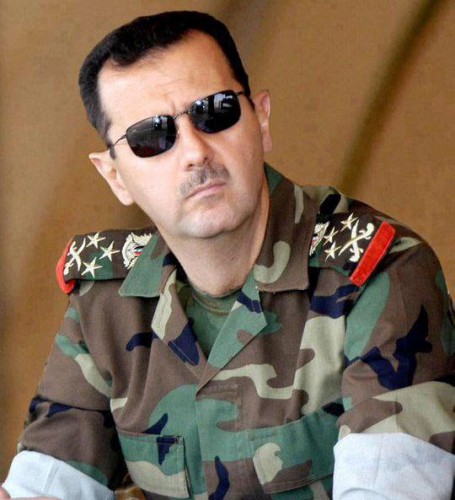

 del.icio.us
del.icio.us
 Digg
Digg
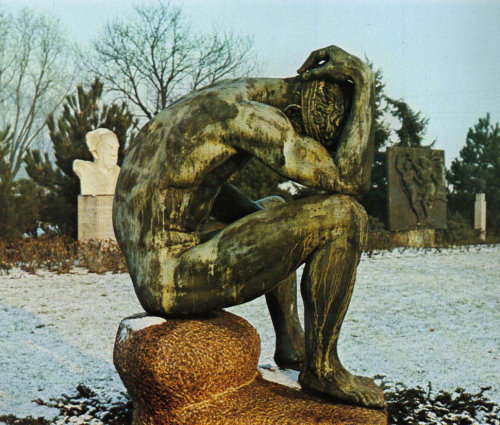






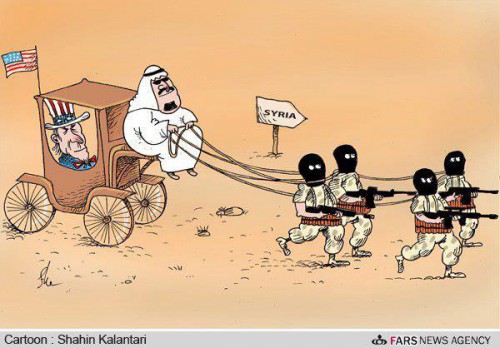
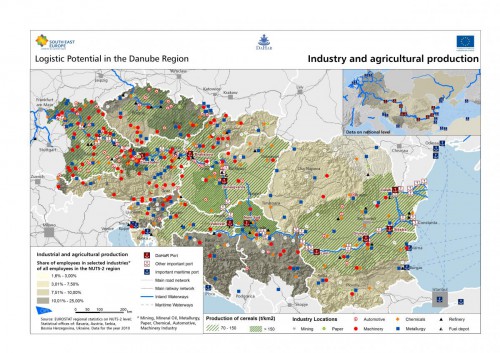
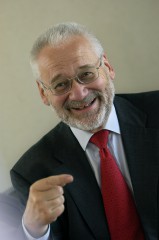 Reconstituer la Mitteleuropa, voilà une chance réelle pour l’Europe de demain. De nombreux hommes politiques clairvoyants, dont Otto de Habsbourg et son fils Charles de Habsbourg, dont l’ancien ministre des affaires étrangères d’Autriche, Alois Mock, ou l’ancien ministre autrichien de la défense Werner Fasslabend ou encore l’homme politique démocrate-chrétien autrichien Ehrard Busek (spécialisé dans les politiques de l’espace danubien; photo), insistent depuis de longues années sur la nécessité d’intégrer toutes les régions de l’espace danubien. Sur les plans économiques, infrastructurels, culturels et éducatifs, militaires et défensifs, cette intégration est souhaitable et nécessaire, sans parler de la nécessité tout aussi impérieuse de comprendre, ensemble, les vicissitudes souvent très douloureuses du passé, dans le respect de toutes les cultures concrètes qui s’épanouissent dans cet espace.
Reconstituer la Mitteleuropa, voilà une chance réelle pour l’Europe de demain. De nombreux hommes politiques clairvoyants, dont Otto de Habsbourg et son fils Charles de Habsbourg, dont l’ancien ministre des affaires étrangères d’Autriche, Alois Mock, ou l’ancien ministre autrichien de la défense Werner Fasslabend ou encore l’homme politique démocrate-chrétien autrichien Ehrard Busek (spécialisé dans les politiques de l’espace danubien; photo), insistent depuis de longues années sur la nécessité d’intégrer toutes les régions de l’espace danubien. Sur les plans économiques, infrastructurels, culturels et éducatifs, militaires et défensifs, cette intégration est souhaitable et nécessaire, sans parler de la nécessité tout aussi impérieuse de comprendre, ensemble, les vicissitudes souvent très douloureuses du passé, dans le respect de toutes les cultures concrètes qui s’épanouissent dans cet espace. 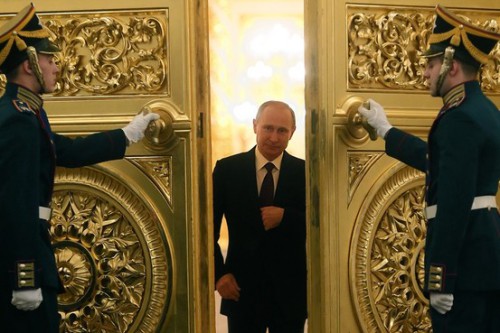
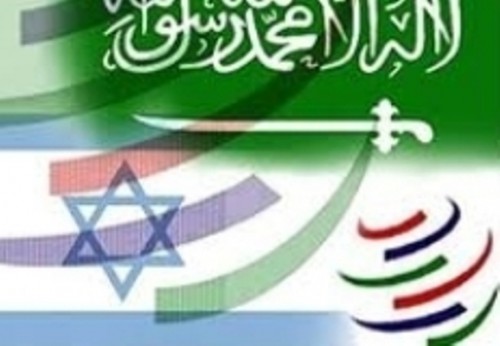

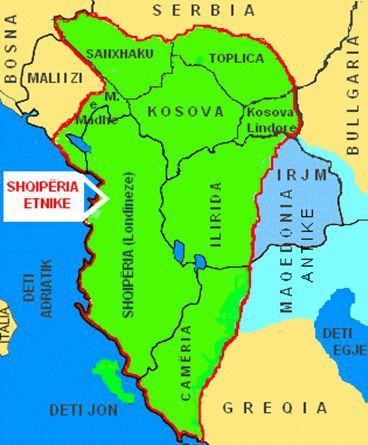 Au Kosovo, la situation reste tendue. Lors des élections communales du 3 novembre 2013, plusieurs bureaux de vote de Mitrovica ont été pris d’assaut, du moins dans la partie septentrionale de la ville habitée par des Serbes. Les urnes ont disparu. Avant que l’on ne passe au scrutin, les représentants des Serbes du Kosovo avaient appelé à un boycott des élections. Ils considéraient comme une trahison l’entente forgée ce printemps entre Belgrade et Pristina, à l’instigation de l’UE, parce que cet accord accordait peut-être une certaine autonomie aux Serbes mais prévoyait simultanément une déconstruction en règle de leurs structures parallèles.
Au Kosovo, la situation reste tendue. Lors des élections communales du 3 novembre 2013, plusieurs bureaux de vote de Mitrovica ont été pris d’assaut, du moins dans la partie septentrionale de la ville habitée par des Serbes. Les urnes ont disparu. Avant que l’on ne passe au scrutin, les représentants des Serbes du Kosovo avaient appelé à un boycott des élections. Ils considéraient comme une trahison l’entente forgée ce printemps entre Belgrade et Pristina, à l’instigation de l’UE, parce que cet accord accordait peut-être une certaine autonomie aux Serbes mais prévoyait simultanément une déconstruction en règle de leurs structures parallèles. 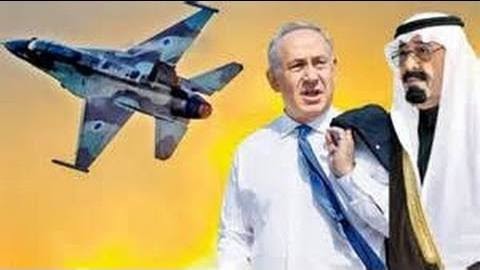
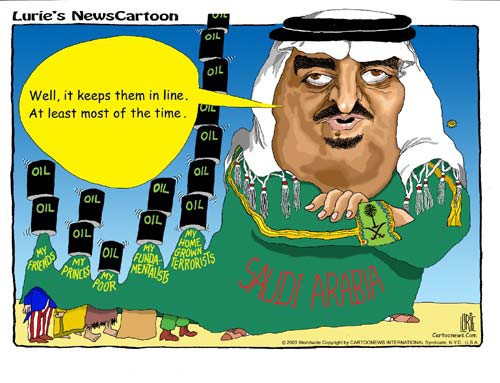


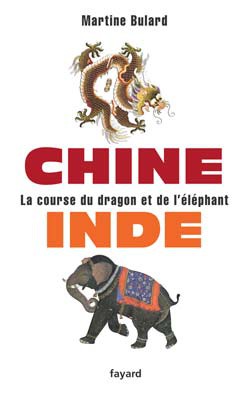 La sfida cinese lungo le frontiere deve essere analizzata chiaramente in ogni sua parte. In assenza di un confine ben definito, una delle sfide consiste nel garantire che la zona contestata della LAC non si ampli a causa dell’abilità logistica della Cina nel perseguire un atteggiamento attivista di perlustrazione in tempo di pace. Questo può essere affrontato solo, come già accennato, concentrando l’attenzione sulla logistica e sulle capacità di monitoraggio, insieme a un approccio dinamico alla gestione delle frontiere. Inoltre, dato che l’India possiede un territorio più basso, deve anche fare leva sulle misure di confidence-building (CBM) e intanto negoziare nuove norme per vincolare le capacità superiori della Cina in termini di flessibilità e pattugliamento. Se sfruttate prudentemente, le CBM possono aiutare nel mantenimento di uno status quo stabile.
La sfida cinese lungo le frontiere deve essere analizzata chiaramente in ogni sua parte. In assenza di un confine ben definito, una delle sfide consiste nel garantire che la zona contestata della LAC non si ampli a causa dell’abilità logistica della Cina nel perseguire un atteggiamento attivista di perlustrazione in tempo di pace. Questo può essere affrontato solo, come già accennato, concentrando l’attenzione sulla logistica e sulle capacità di monitoraggio, insieme a un approccio dinamico alla gestione delle frontiere. Inoltre, dato che l’India possiede un territorio più basso, deve anche fare leva sulle misure di confidence-building (CBM) e intanto negoziare nuove norme per vincolare le capacità superiori della Cina in termini di flessibilità e pattugliamento. Se sfruttate prudentemente, le CBM possono aiutare nel mantenimento di uno status quo stabile.